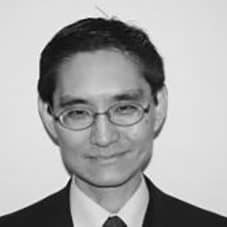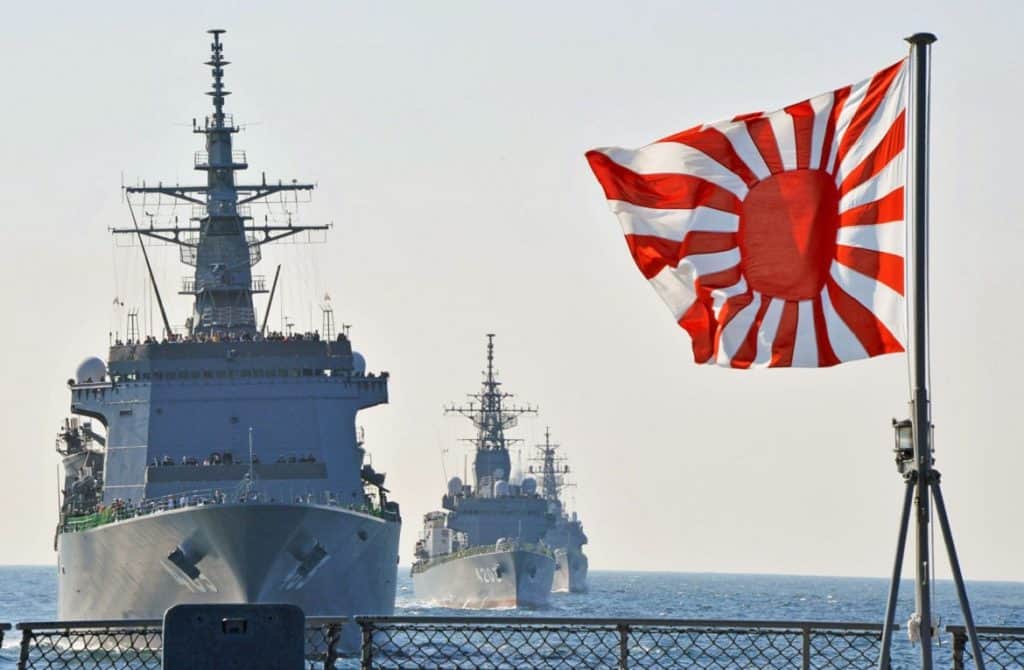World Geostrategic Insights interview with Hiroyasu Akutsu on Japan’s strategic responses to its national security challenges, its support for a “free and open Indo-Pacific,” and its relations with Russia.

Hiroyasu (Hiro) Akutsu is professor of International Politics and Security Studies at Heisei International University. He was previously head of policy simulation at the National Institute for Defense Studies (NIDS). He specializes in policy simulation and wargaming; political and military affairs in and around the Korean Peninsula; security issues in Northeast Asia; security cooperation between Japan and Australia; Japan-U.S. alliance; defense cooperation between Japan and the European Union; open-source information analysis and strategic operations research (OR).
– Japan is confronting national security challenges from its neighborhood. North Korea continues to send threatening signals to Tokyo, bolstered by growing nuclear and ballistic missile capabilities; The Russian Federation is increasing its military deployments in the disputed northern territories (the Kuril Islands); The People’s Republic of China is defying Japanese sovereignty over the Senkaku Islands, administered by Tokyo, and the regional order. In addition, the war in Ukraine has made the Japanese more aware of security concerns, giving more impetus to Japan to reconsider its foreign and defense policy, including Article 9 of the Constitution. Thus, Japan is moving to take a more practical and tough approach to national security. How are Japan’s new strategic responses to challenges to its security shaping up? What is next for the political-military evolution of Japan?
There has been no change in the direction of Japan’s security policy in terms of North Korea, China, and Russia, but the new resource allocation will be increased toward those countries and the discussion on Constitutional revisions will likely be accelerated. However, the possibility of actual Constitutional revisions seems to remain rather moderate as any specific discussion on constitutional revisions and a national referendum for such revisions in the current Diet is still invisible.
Japan is to update the so-called three key strategic documents by the end of this year. Given the increasing existential security threats to Japan, the need to deal with the technological innovations closely related to those increasing threats, the need to enhance its capabilities within its alliance arrangements with the US and security cooperation with the other US allies and like-minded partners, the current defense budget level will likely grow.
– The Indo-Pacific Framework for Economic Prosperity (IPEF) was launched in May 2022 during Joe Biden’s first visit to Asia as president. Of the 13 participants, Japan is the only country to have announced that it will join all four pillars of the IPEF. Why does Japan seem to be enthusiastically embracing Washington’s Indo-Pacific strategy? What role is Japan playing in the United States’ growing competition with China?
Japan is the de facto starter of the Indo-Pacific strategy that has been spreading to not just the US but the other key partners including Australia, ASEAN, and some European countries, so Japan will likely continue to support the strategy. Japan’s “Free and Open Indo-Pacific” version aims to keep China’s BRI in check, and it is the US that has bought the strategy.
To be sure, in Japan, there are some skeptical views toward IPEF as a product of some kind of ad hoc or desperate urge, but as a key ally of the US, Japan tends to endorse the new framework. This indicates how serious Japan basically is about taking a leading role in maintaining the existing order and building new institutional frameworks to facilitate it. To borrow the expression from the former George Bush administration, Japan wants to maintain and generate the right “balance of power in favor or freedom.” Of course, whether and how well Japan can do so requires more discussions.
– Japan has joined the West in imposing sanctions on Russia and Russian individuals and supports the recent G7 plan to impose a price cap on Russia’s oil exports. In retaliation, in early July Moscow took a step toward expropriating foreign stakes in the giant Sakhalin-2 oil and gas project, a move that threatens a Japanese economy already tested by the impact of soaring energy costs. Considering that Japan is heavily dependent on Russian liquefied natural gas and that finding an alternative source will not be easy, how could Japan break away from Russian energy? And, in general, how do you think Japanese-Russian relations will evolve?
As you preemptively suggested, there is no easy and immediate way out. It will take a long time to totally get out of the current energy dependence on Russia. One way is to increase shares from Australia and other friendly countries by trying to take advantage of Japan’s positive relations with them. FYR, Australia provides about two-thirds of Japan’s coal, and a third of Japan’s LNG imports, and about 60 percent of Japan’s iron ore imports.
Regarding Japan’s general relations with Russia, they will continue to go down especially as Russia, often in cooperation with China, has been increasing its naval and air force activities in the seas near Japan despite its ongoing invasion of Ukraine. Additionally, Russia’s and China’s continued opposition to enhancing sanctions on North Korea for its missile launches at UNSC adds to their worsening images in the Japanese public.
Hiroyasu (Hiro) Akutsu – Professor of International Politics and Security Studies at Heisei International University.
Photo source: japan-forward.com







